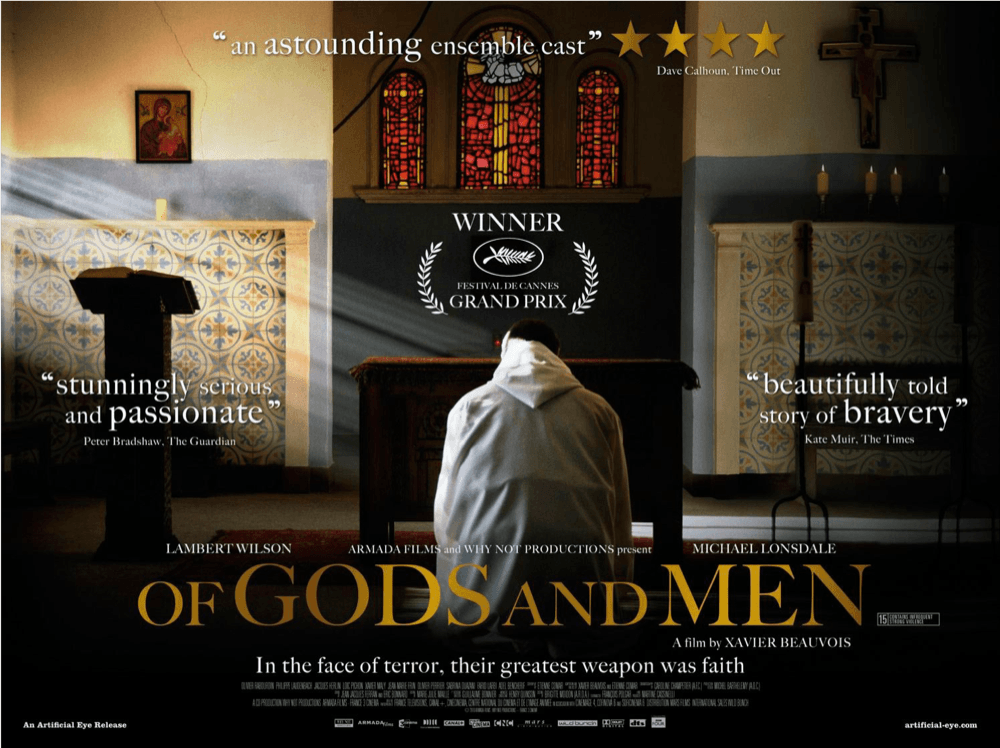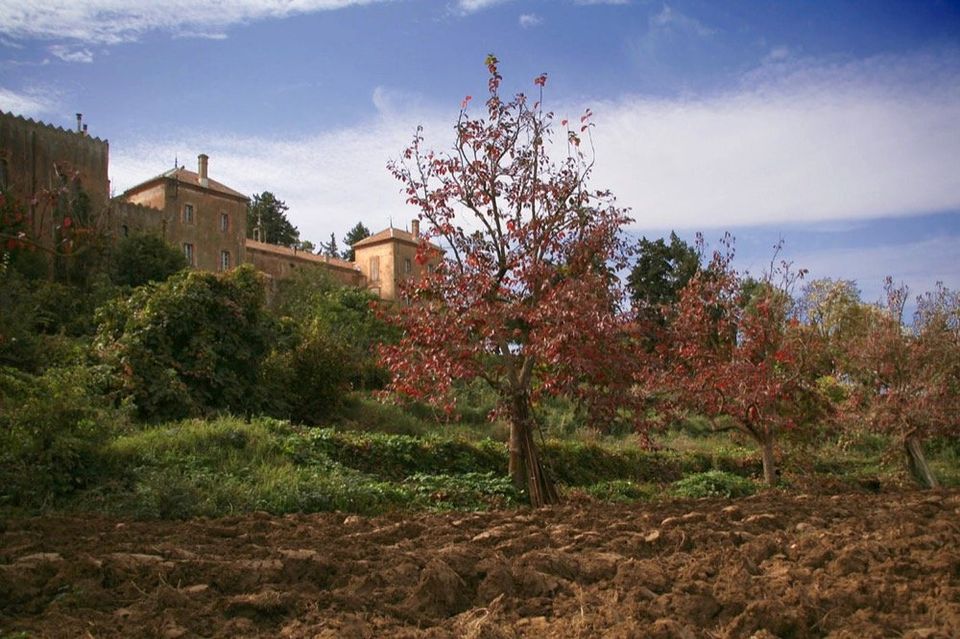“We welcomed that Child who was born for us”
The inspiring story of the recently beatified monks of Tibhirine, the Cistercian monks martyred in Algeria, can help us live Advent and celebrate Christmas well.
One of the most outstanding religious films of the last decade was a French film called “Of Gods and Men” which won the Gran Prix at the Cannes Film Festival. It tells the story of the Cistercian monks of Our Lady of Atlas, in the mountains of Algeria, caught up in a vicious civil war between Islamist Extremists and the Algerian government. Now these men have been beatified at a Mass held in Algeria on 8th December 2018.
On March 27, 1996, seven of the monks were kidnapped and on May 21 of that year they were executed. Their killers were never found. What the film explores is not so much the tragic ending of these monks, their quiet martyrdom. We don’t actually see their execution. Rather the film is about how they lived and why they were willing to die (although they did not seek it). The moving final scene sees them heading off into the winter’s snow to meet their destiny.
The tension builds over Christmas 1993 when an armed Islamist groups invades the monastery and demands medical care and supplies. The prior Brother Christian refuses. He will not give them preferential treatment over the poor who come each day to the surgery to be cared for by Br Luc, the gentle doctor. That particular moment of tension is diffused - the monks stand quietly firm against the guerrillas - but it leaves that small community with fear and anxiety over its future. The authorities urge them to leave the country for their own safety.
Of the many themes it portrays, the film prompts us to reflect on the true meaning of Christmas. What does it mean that Christ came in the flesh all those years ago? And how do we live this mystery in faith? “Tonight is different from other nights” says Br Christian to the guerrilla leader. “It’s Christmas. We celebrate the birth of the Prince of Peace.”
We know that the real life Br Christophe, the 45 year old novice master had been reflecting deeply. He wrote in his journal: “This Christmas was not like others. It was charged with significance. Like Mary we keep all these things that have happened. We continue to ask ourselves what has been initiated in our hearts. Like a sword the significance has pierced us.” He was fearful.
And yet into that doubt they sing their Christmas hymn:
This is the night
The immense night of origins
And nothing exists except love
Except love which now begins…
God has prepared the earth like a cradle
For his coming from above.
This is the night
The happy night of Palestine
And nothing exists except the Child
Except the Child of life divine
By taking flesh of our flesh
God our desert did refresh
And made a land of boundless spring.
Yet
in their fears, as they laid the baby in the crib, they sung of the love that
stands at the root of all reality – revealed to us in the birth of Christ.
Later Br Christian reflected: “ We welcomed that Child who was born for us, absolutely helpless, and already so threatened. Afterwards we found salvation in undertaking our daily tasks: the kitchen, garden, the prayers, the bells. Day after day. We had to resist the violence. And day after day, I think each of us discovered that to which Jesus Christ beckons us. It’s to be born… And from birth to birth, we’ll each end up bringing to the world the child of God that we are. The mystery of Incarnation remains what we are going to live.”
The monks were faced with a dilemma. Should they flee in the face of threats? Were they being foolish in risking death? How far should they take this dedication, their vow of stability, not just to the place but to the people they served? Shouldn’t they just be brave and continue to live the daily round and their mission to be brothers to all. None of them wanted to die.
They decided to stay and hold on to their ideal of love and fidelity. If the Incarnation is about anything it is about God’s solidarity us, God coming close to us. Inspired by God’s compelling love for humanity they wanted to be channels of that love to others. They wanted the Christ who was born in Bethlehem to be born in them. They wanted Christ to love the world through them. Christ would not walk away from those he loved, and they would not desert the people that depended on them for food, for clothing, for medical care, for friendship, for love. Foolish they might be, but God is an utter fool when it comes to love. It is the of the nature of love that sometimes we should be a little foolish – let our guard down, make ourselves vulnerable. “ The mystery of Incarnation remains what we are going to live.”
So they awaited the unknown. Br Christian wrote a Testament to be opened in the event of his death by Islamic extremists. In effect he forgave his potential murderer, his “friend.” “And also you, the friend of my final moment, who would not be aware of what you were doing.—Yes, I also say this THANK YOU and this A-DIEU to you, in whom I see the face of God. And may we find each other, happy “good thieves” in Paradise, if it pleases God, the Father of us both.” Br Luc made this bidding prayer at the Mass: “Lord grant us the grace to die without hatred in our hearts.”
Inspired by these modern Martyrs of Atlas perhaps we too can find new ways of living the Incarnation of Christ, by living in fidelity with those we belong, and loving those who depend on us, in spite of our struggles. Perhaps we can learn from them to be open to the unexpected – allowing Christ to use us as he wills. Maybe we can be a little more foolish in love: not counting the cost, living generously.
How do I offer to the world the child of God that I am? How is Christ to be born and made present in me? Perhaps we can learn that we are the people who bring Christ to the world today, as a Church and as individuals.
Through their reflection on the birth of Christ they came to cherish more deeply their place and the people with whom they lived, their Moslem brothers and sisters. They prayed, they sang, they made jam. They chose love and fidelity. They chose to stay and they gave quiet witness to Christ. They made him present.
If they had to die, they wanted to do it right. Br Luc, the lovely old doctor had one request for his funeral, that they play Edith Piaf’s Je ne regretted rien. I regret nothing.














